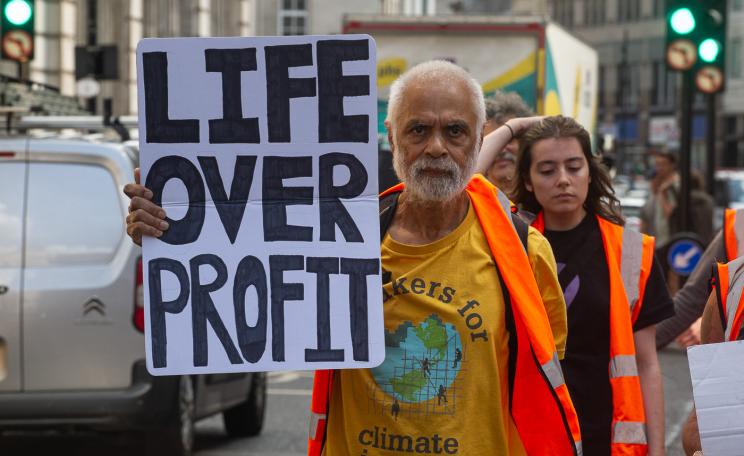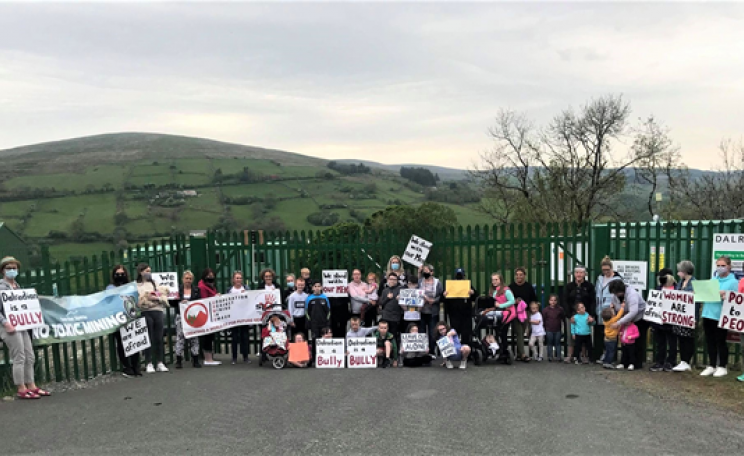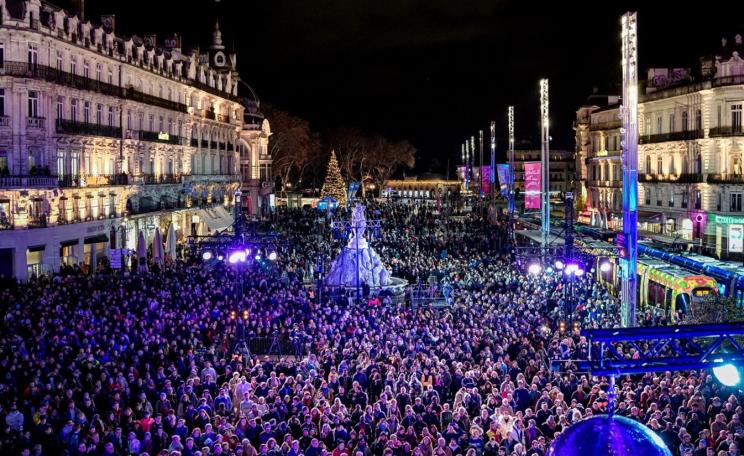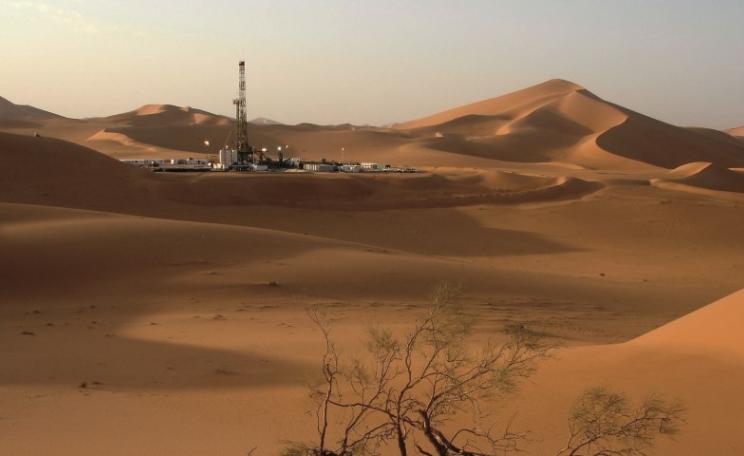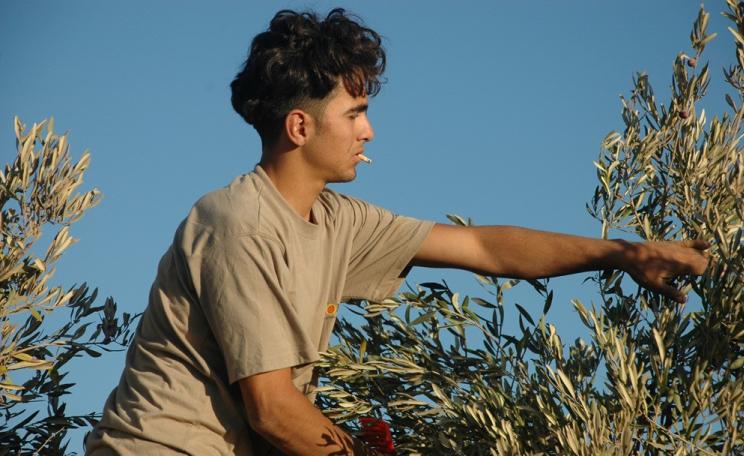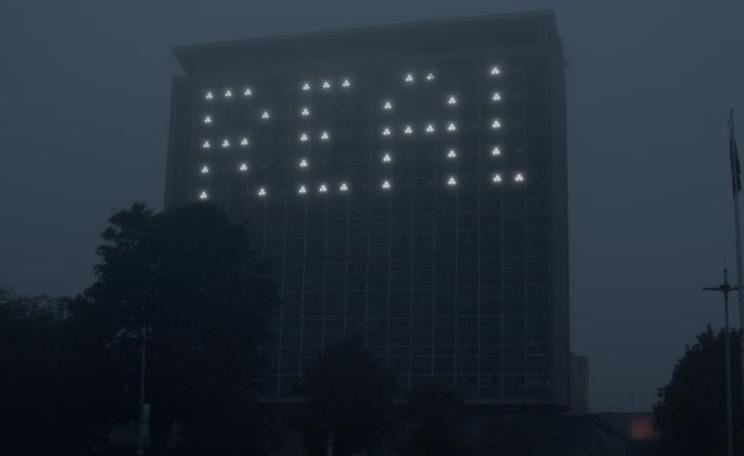Our words hold power, they are vehicles of hope, a remedy for the heavy turmoil - a way out of the climate crisis. If only they are listened to.
Our media landscape is changing drastically – an ultrafast information age is pushing commercialisation and the concentration of ownership to a new level.
Rupert Murdoch’s influential media empire casts a shadow over upon local, organic, and investigative reporting. We hope that the Ecologist Writers' Fund is a way of creating a fairer publishing model that works in the public interest, and not against it.
The climate crisis is shamefully underreported. At the same time, the conversation around climate breakdown that is taking place in the media is dominated by a few voices, marginalising those feeling the brunt of climate breakdown.
Displaced
Just three companies dominate 83 percent of the UK national newspaper market, according to the Media Reform Coalition. A devastating lack of diversity in journalism is bred from low-paid, insecure, and exploitative working conditions.
And while the mainstream media is failing us, there is a generation of of independent reporters emerging from around the world - who are well placed to tell stories that aren't represented within the Murdoch agenda.
I studied the role of community radio in Colombia's long history of the violent struggle for my journalism degree. I found community-run radio stations had a vital role to play for those people who were in the firing line during the conflict.
These radio stations would play music, and discuss trivial village issues. And they would also alert other villages when para-military men or rebels were close to attacking.
In various other projects, displaced children in Colombia would use community media projects to take pictures of their surroundings.
Grief
Such projects enabled them to interact with and understand unfamiliar territory, grounding their understanding of a new place through photography and voice recordings.
And while social media is responsible for the saturation of information, false news, and tunnel-visioned views funneled through algorithms - it is also an opportunity for new and fresh perspectives to get heard.
Telling our stories is a way to knit together the frayed seams of breakdown, whether social or environmental or both. Our words are a way of processing and expressing grief, exposing injustice, and most importantly - demanding change.
Exploited
My own journey into journalism hasn’t been an easy one. Even when I began my studies at the University of Westminster I was acutely aware that 60 percent of us students would end up in marketing and PR - and not journalism.
Our words hold power, they are vehicles of hope, a remedy for the heavy turmoil - a way out of the climate crisis. If only they are listened to.
I stubbornly resisted this grim statistical fate. Instead, I drifted in and out of low-paid care, warehouse, and bar work before finally landing on a career path that would accommodate my interest and skills. But for some time, it felt as if the minimum wage grind was killing my energy, drive - and dream.
For most writers in the journalism industry, we’d do anything to get a piece published. Our naivety is exploited, we are tripped up and ripped off. What most writers don’t understand is that their words hold more meaning and value than they could ever comprehend.
Reporters carve history with their pens. They bring forward the realities of war, for example, the failing pursuit of Vietnam. Movements from the Montgomery bus boycott to Black Lives Matter have been captured, reported, told, and retold throughout history.
If we don't have representative voices now, future generations will see the past through the skewed lens of the mass media.
Ecocide
We are currently witnessing the death of journalism - as an art, profession, and a viable career. Disillusioned, most reporters churn out press releases, also known as ‘churnalism’, or succumb to the pressure of writing clickbait articles - with their only purpose being to gain attention for advertisers.
And at the same time, we’re faced with issues that need our attention more than ever, in an age of attention deficit. As climatic conditions worsen, and corporations commit ecocide after ecocide and get it away with, we’re slowly losing the only chance we’ve got to survive as a species.
Having witnessed loggers chopping down vast areas of supposedly protected National Parks across South America first-hand, I knew that my heart and mind needed to be in environmental journalism.
As protectors of the planet - journalists stand with indigenous peoples, exploited minors, and families that have been poisoned by mercury in their water systems.
Power
Our words hold power, they are vehicles of hope, a remedy for the heavy turmoil - a way out of the climate crisis. If only they are listened to.
The Ecologist Writers Fund aims to provide a scope for writers from marginalised communities, and countries that are most affected by the climate crisis.
All donations will go directly towards supporting our writers. So far we've reported on stories from around the world, including: The fight to safeguard nature in rural Turkey, Fear over India's dangerous dams, and Minds left behind in the global south.
Do you have a story to tell? We are currently accepting applications here.
This Author
Yasmin Dahnoun is the assistant editor of The Ecologist.


